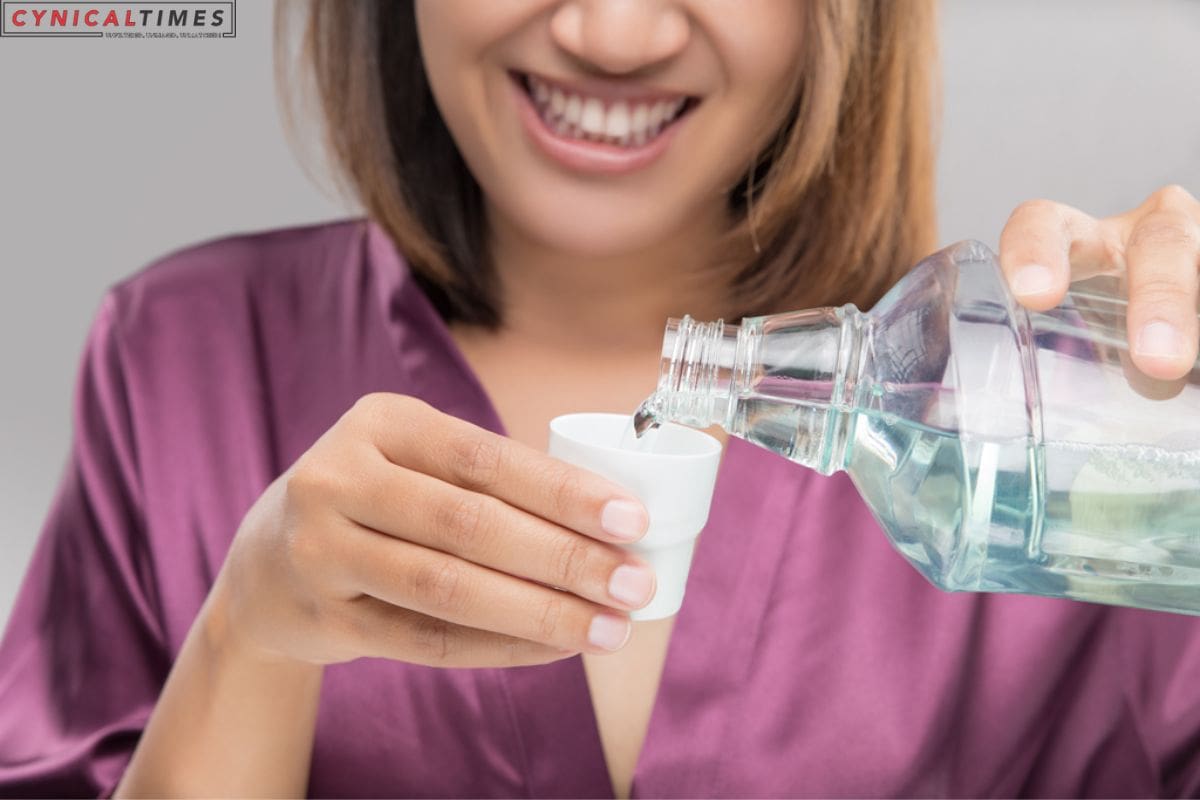Oral Care for Diabetics : Individuals with type 2 diabetes undergoing treatment for periodontitis may find significant benefits in incorporating an antimicrobial mouth rinse and specialized interdental brushes into their home oral care routine. This revelation stems from a recent research endeavor conducted by the University at Buffalo School of Dental Medicine, as detailed in the publication, JDR Clinical & Translational Research.
While the primary treatment for periodontitis, a form of gum disease, often involves Scaling and Root Planing (SRP), this study explored the potential advantages of augmenting this treatment with an intensive chemical and mechanical antiplaque regimen for individuals dealing with moderate to severe periodontitis. Professor Patricia Diaz, the driving force behind the research, explained, “Our secondary objective was to compare the responses in subjects with type 2 diabetes and those who are nondiabetic.”
Notably, the findings showed that individuals with diabetes who utilized an antimicrobial mouth rinse containing chlorhexidine gluconate experienced a significant reduction in periodontal inflammation when compared to their diabetic counterparts who received the standard treatment. Professor Diaz suggested, “We’re not entirely certain of the exact reasons, but we suspect that individuals with diabetes may have a compromised healing response. This comprehensive oral care regimen effectively eliminated oral bacteria and promoted improved healing.”
Conversely, those without diabetes did not experience the same benefits from these additional measures aimed at oral bacteria removal. While the dental industry has long recommended antiplaque mouthwashes for individuals with periodontitis, this study represents a tailored approach specifically geared towards diabetic patients.


Also Read : Childhood Asthma and COVID 19: New Research Offers Reassurance
Out of 361 screened subjects, 114 were selected to participate in a six-month trial. They were divided into two groups, with the test group undergoing nonsurgical periodontal therapy involving SRP under local anesthesia, along with instructions to use a chlorhexidine gluconate mouth rinse twice daily for three months and employing rubber interproximal bristle cleaners twice daily for six months. The other group received SRP and general oral hygiene instructions.
Chlorhexidine is a potent antimicrobial mouth rinse known for its superior effectiveness as an antiplaque and antigingivitic agent when compared to other antimicrobial rinses. However, its extended use has been met with hesitation due to side effects such as teeth staining and taste disturbances. Fortunately, the study noted that any taste alterations reported by subjects after three months subsided upon discontinuation of the mouth rinse. Moreover, supragingival scaling effectively resolved any staining resulting from the use of chlorhexidine.
This research sheds light on a tailored approach to periodontitis treatment in individuals with type 2 diabetes, potentially improving their oral health and overall well-being.
Our Reader’s Queries
What is a good mouthwash for diabetics?
Enhance your patients’ at-home dental care routine by including LISTERINE® Antiseptic mouth rinse. Along with personalized brushing and interdental cleaning guidance, scheduling regular dental visits, and adding this powerful mouth rinse to their routine can make a significant difference in their oral health. With its antiseptic properties, LISTERINE® helps to kill germs and bacteria that can cause bad breath, plaque, and gum disease. Encourage your patients to incorporate this simple yet effective step into their daily routine for a healthier, happier smile.
What is oral hygiene for people with diabetes?
Maintaining good oral hygiene is crucial for a healthy smile. Brushing your teeth twice a day with fluoride toothpaste and flossing at least once a day can help keep your teeth and gums in top shape. If you have diabetes, it’s important to inform your dentist as it can affect your oral health. Additionally, if you notice any signs of gum disease such as redness, swelling, or bleeding, it’s best to schedule an appointment with your dentist right away.
Do diabetics get free dental care?
Although diabetes is known to raise the likelihood of dental problems, individuals with this condition are not necessarily eligible for dental treatment assistance. Nevertheless, there are additional criteria that may qualify you for NHS support, such as being under 18 years old.
What are the dental advice for diabetic patients?
Maintaining healthy blood glucose levels is crucial for diabetes management. Along with this, it is important to brush your teeth twice a day and floss regularly to prevent dental problems. Regular dental check-ups are also necessary, and it is important to inform your dentist about your diabetes. These simple tips can go a long way in ensuring good oral and overall health.

